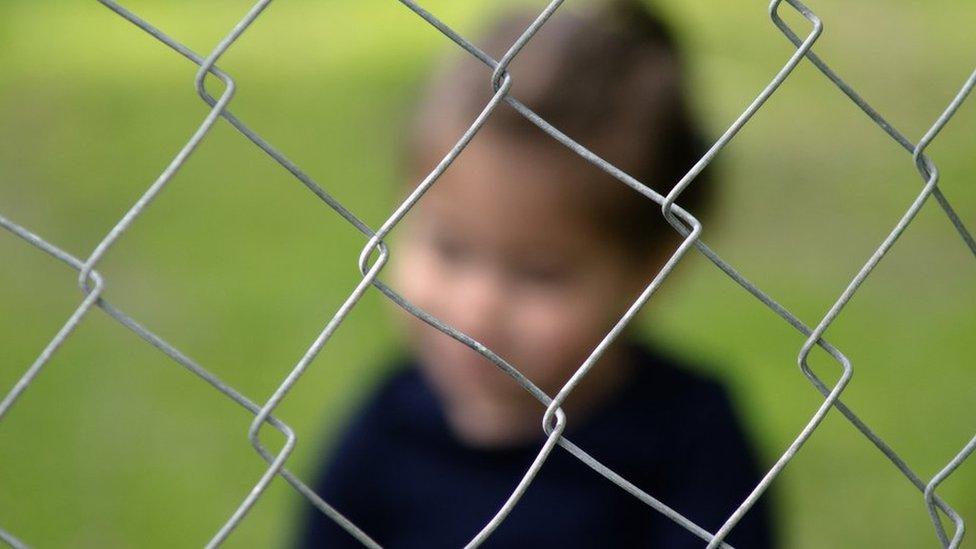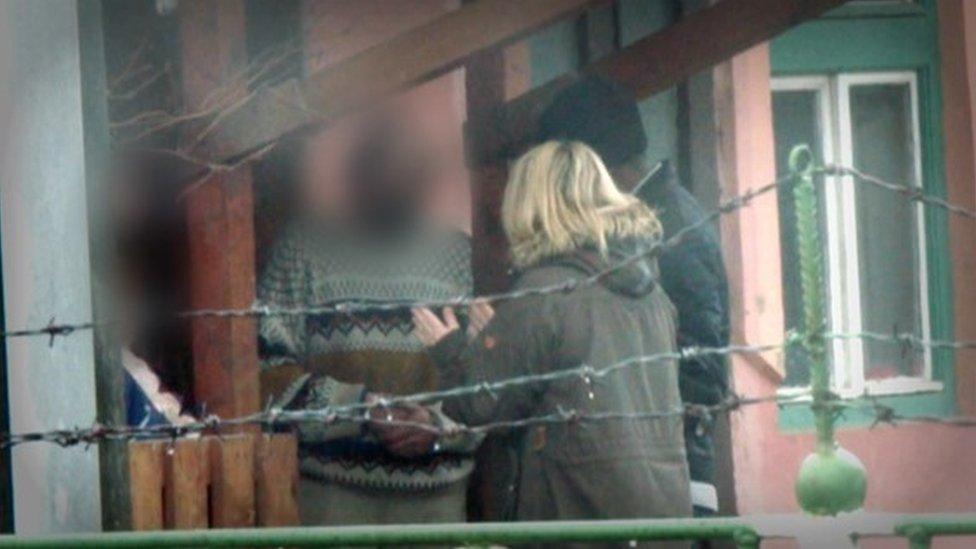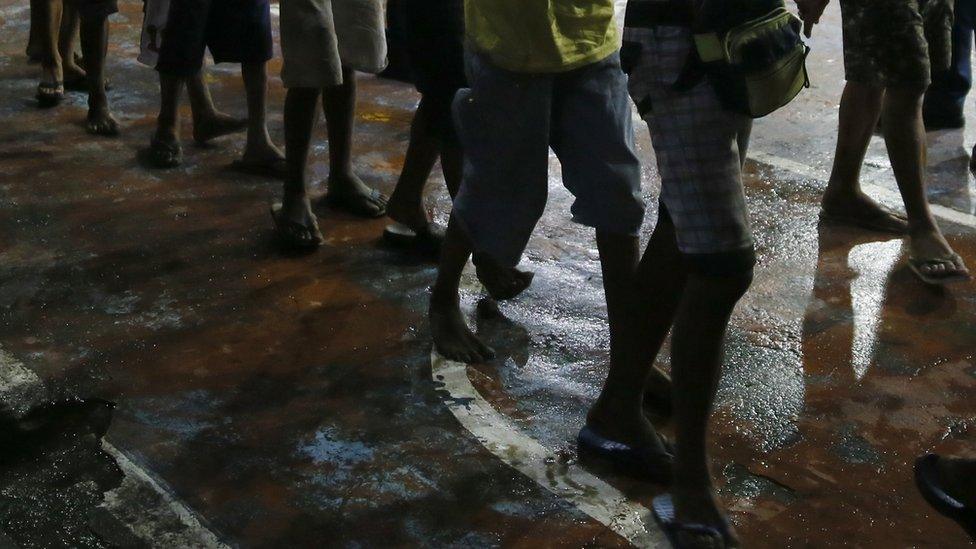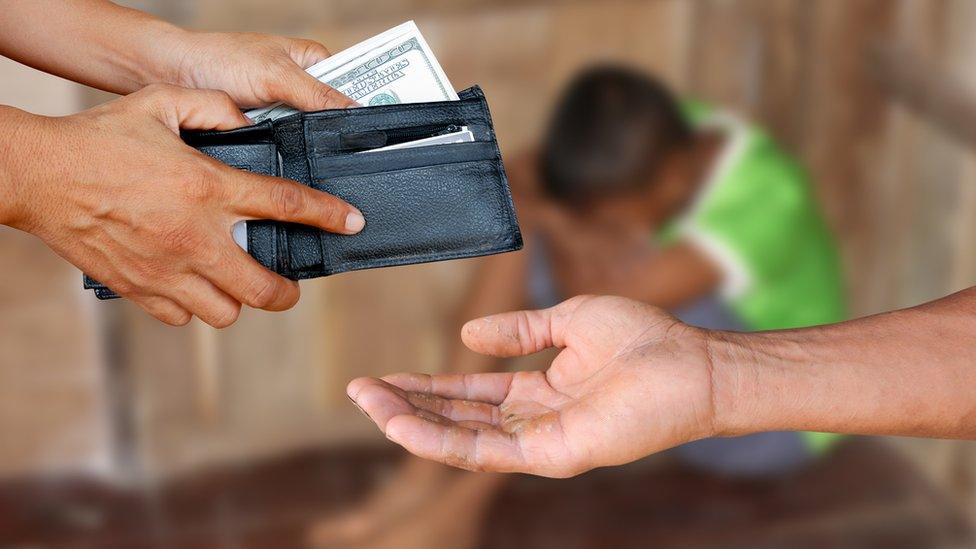New powers to tackle human trafficking in Scotland
- Published

New powers to tackle human trafficking and exploitation have come into effect.
Courts will now be able to impose special prevention orders on people convicted of trafficking and exploitation offences.
The orders can impose a range of restrictions such as preventing offenders from employing staff, working with children or travelling to certain countries.
Breaching an order will be a criminal offence.
Justice Secretary Michael Matheson said: "We will continue to make Scotland an increasingly hostile place for those who treat other human beings as commodities.
"These new powers for the police and courts will help to further protect the public from harm."

Analysis by Reevel Alderson, BBC Scotland social affairs correspondent
The new trafficking and exploitation risk orders (TEPOs) are an additional tool for police and prosecutors to crack down on human trafficking.
But they have not been created to plug a gaping legislative hole.
The Human Trafficking and Exploitation (Scotland) Act came into effect on 31 May last year, but there were already a range of laws to tackle the problem.
Between 2010 and 2016 eight people were convicted under other legislation.
There were other cases where prosecutions are ongoing, or where warrants have been granted, but the accused has failed to appear in court.
In all, between 2012-13 and 2016, there were 34 cases reported to prosecutors as involving these offences.
In some of these the accused were convicted of other offences, such as brothel keeping rather than a specific trafficking offence.
How many victims are there?
It is impossible to quantify, although Home Office figures for 2016, external showed 150 potential victims had been identified in Scotland and referred to the National Referral Mechanism (NRM).
It is clear that most cases involve more than one victim.
As an example, Shamsul Arefin was convicted at Fort William Sheriff Court in July 2015 of modern slavery offences having lured four Bangladeshi chefs to Appin where he made them work well in excess of their agreed hours at wages insufficient to repay him the fees he'd charged for finding them jobs.

He added: "We have already strengthened the law, creating a specific offence of human trafficking for the first time. Now we are making sure that action can be taken when a person poses a continuing risk.
"We are working hard to eradicate trafficking and exploitation in Scotland, and providing high-quality support for victims who have suffered physical and psychological harm."
Lord Advocate James Wolffe QC said the orders would "give courts across Scotland an additional tool to combat the global trade in human beings".
"Prosecutors will apply to the court for prevention orders in appropriate cases and will prosecute those who breach such orders," he said.
Trafficking and exploitation risk orders, which can be granted where a person has demonstrated a risk of committing a relevant offence, will come into force in October.
- Published10 May 2017

- Published12 October 2016

- Published23 September 2016
